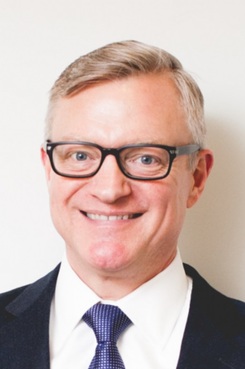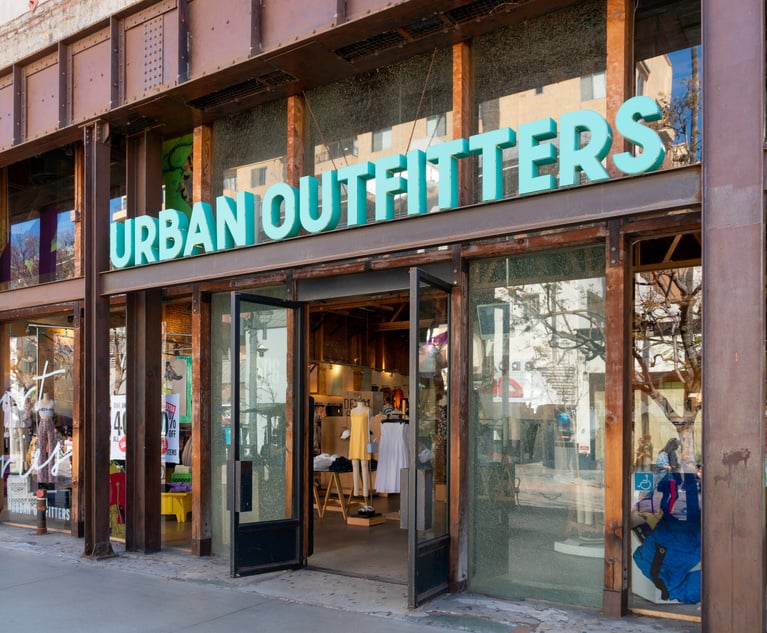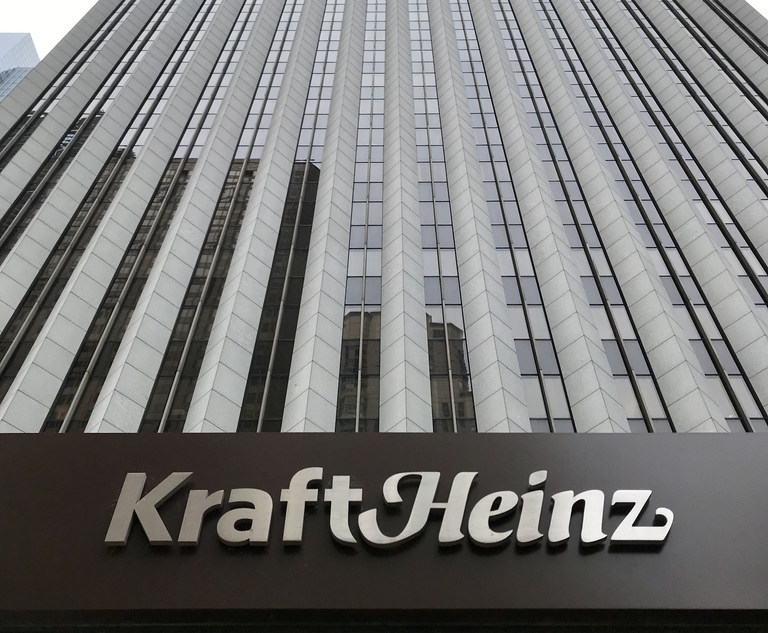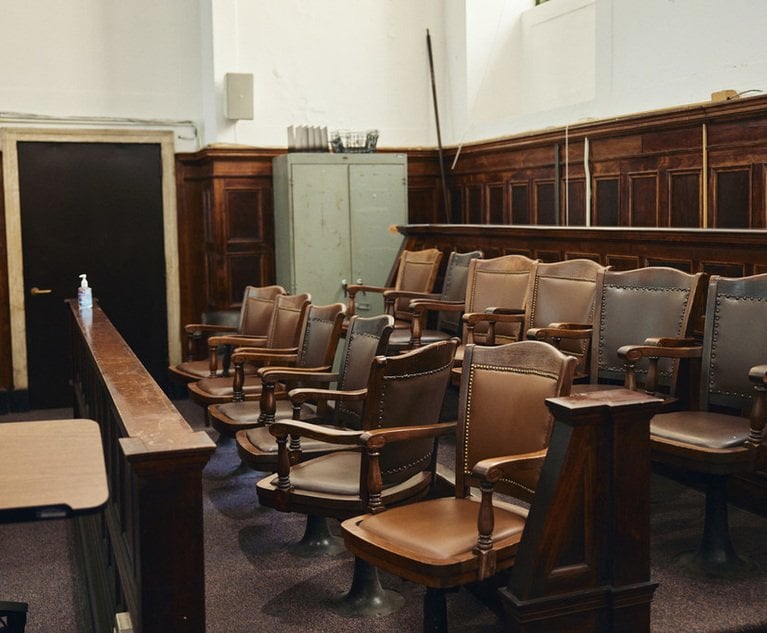Almost daily of late, there is a new report or announcement regarding the intersection of religious beliefs permits and anti-discrimination principles. One matter that is being watched by many is the appeal pending before the U.S. Supreme Court in Masterpiece Cakeshop v. Colorado Civil Rights Commission, 137 S. Ct. 2290 (2017), in which the court granted review to decide “whether applying Colorado’s public accommodations law to compel the petitioner to create expression that violates his sincerely held religious beliefs about marriage violates the free speech or free exercise clauses of the First Amendment.”
The facts underlying the Masterpiece Cakeshop appeal are largely undisputed. David Mullins and Charlie Craig were planning an out-of-state wedding, and went to Masterpiece Cakeshop, a Colorado bakery, to ask about a cake for a reception they were planning (in Colorado) for their friends and family. Jack Phillips, the bakery’s owner, told them he would not prepare a wedding cake to celebrate their wedding because he objected to same-sex unions. The couple left after expressing displeasure. Phillips and Masterpiece assert that his objection to same-sex unions is based on his religious faith, and that Colorado’s civil rights law prohibiting discrimination in public accommodations based on sexual orientation should not prevent him from refusing to prepare a cake for their wedding reception, see Craig v. Masterpiece Cakeshop, 370 P.3d 272 (Colo. App. 2015), cert. granted sub nom. Masterpiece Cakeshop. v. Colorado Civil Rights Commission, 137 S. Ct. 2290 (2017). Oral arguments were held in December 2017, and as of this writing, the court has not decided the matter.


 Thomas Ude Jr. of the Mazzoni Center
Thomas Ude Jr. of the Mazzoni Center




